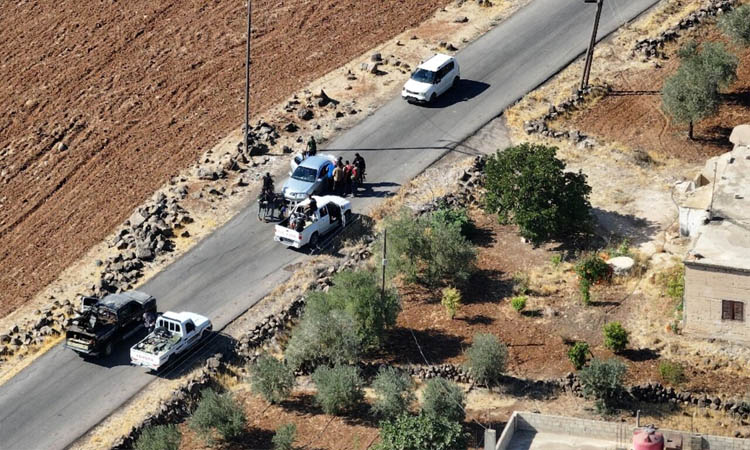News Flash
News Flash

BEIRUT, Lebanon, Aug 29, 2025 (BSS/AFP) - A Syria monitor said Friday that the death toll from sectarian violence in Sweida province in July has climbed to nearly 2,000, after dozens more bodies were identified.
The week of bloodshed erupted on July 13 with clashes between Druze fighters and Sunni Bedouin, but rapidly escalated, drawing in government forces and fighters from other parts of Syria.
Syrian authorities have said their forces intervened to stop the clashes, but witnesses, Druze factions and the Syrian Observatory for Human Rights monitor have accused them of siding with the Bedouin and committing abuses against the Druze, including summary executions.
Rami Abdel Rahman, head of the Britain-based Observatory, said his organisation had identified by name 1,990 people who were killed in the violence, "including 14 since the ceasefire" which came into effect on July 20.
The rise in the toll was due to bodies being found and identified in villages and towns in the southern province where access has been difficult, he said.
"Some of those now confirmed dead had previously been reported as kidnapped or missing," he added.
Access to some areas remains difficult "due to the presence of fighters" hostile to the Druze population, he said.
The toll includes 725 overwhelmingly Druze residents of Sweida province, including 167 civilians, who were killed in the clashes, the Observatory said.
Another 765 Druze civilians were "summarily executed by defence and interior ministry personnel", it said.
The Observatory, which relies on a network of sources on the ground, said 436 government personnel were killed in the clashes.
It said 40 Sunni Bedouin fighters were also killed, in addition to three Bedouin including a woman and a child who were "summarily executed by Druze fighters".
The monitor's toll also includes 21 other people, 15 of them government personnel who were killed in Israeli strikes.
Israel, which has its own Druze community, said it was acting to defend the minority group as well as enforce its demands for the demilitarisation of southern Syria.
On Thursday, authorities said the main Damascus-Sweida highway reopened, with state media reporting the entry of fuel tankers and an aid convoy into Sweida province.
The Observatory had previously accused armed groups linked to the government of blocking the road.
Previous convoys since the ceasefire have mainly passed through neighbouring Daraa province.